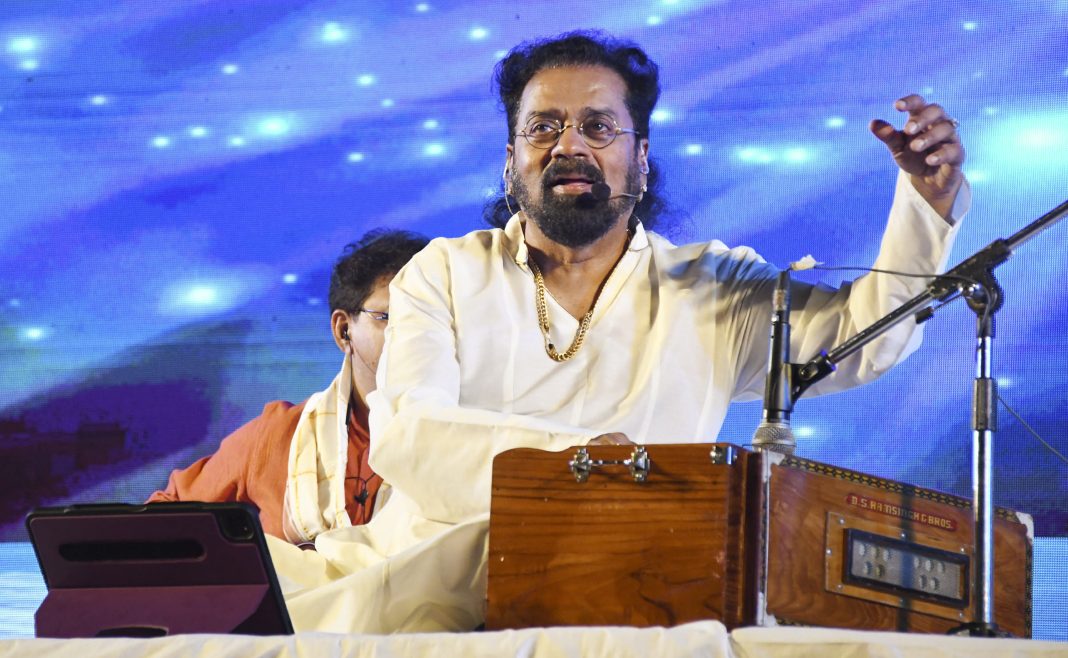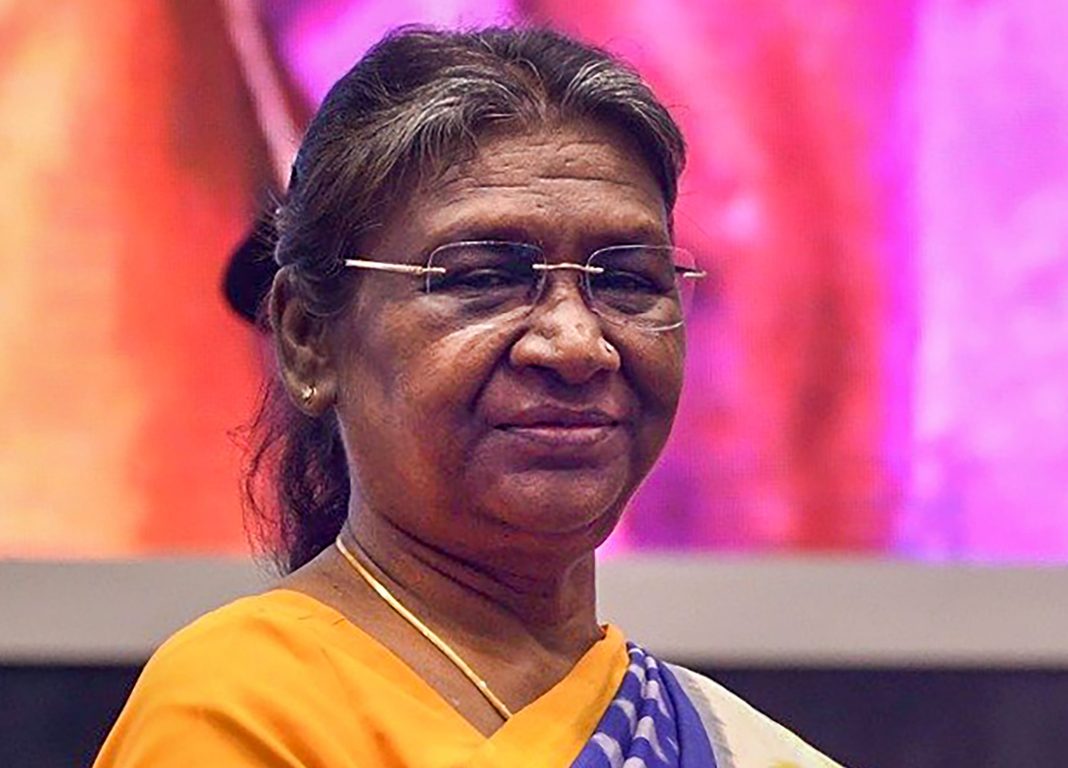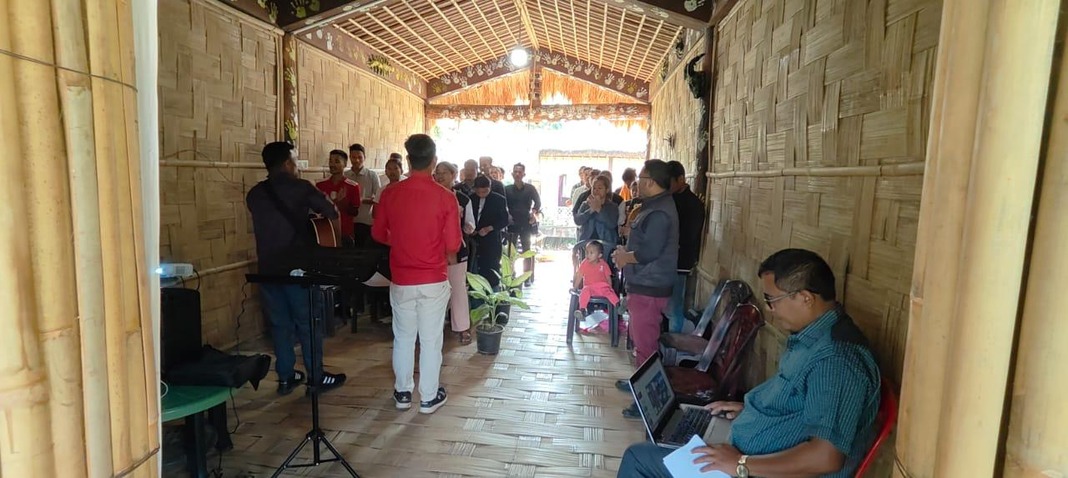New Delhi, Nov 28: Growing up in Mumbai, a young Hariharan would often wake up to the sounds of ragas, the aroma of tea in the air and intense discussions on complex Carnatic compositions.
The world outside the four walls was a similar mix with music at the centre of it as the city exposed Hariharan to devotional tunes from temples, street performances during Ganesh Chaturthi, the glamour of Bollywood, and classical music concerts.
Born in 1955 to classical musicians H A S Mani and Alamelu Mani, music seemed like a natural choice for Hariharan.
“Music wasn’t just an art in my household, it was a way of life. Growing up in a family of classical musicians was a blessing that I didn’t fully comprehend as a child,” Hariharan told PTI in an interview.
“My earliest memories are filled with the sounds of ragas being practised in the early hours of the morning and the aroma of tea wafting through the air,” he added.
The singer is celebrating his glorious five-decade career in music with his ’50-year Legacy Concert’ at the Major Dhyan Chand National Stadium on November 30.
“It’s been a journey of passion, perseverance, and profound connections with my audience. Reflecting on 50 years in the music industry feels surreal. This concert is not so much a tribute to my legacy as it is a celebration of the incredible bond I share with my listeners.”
His early classical training, he said, became an anchor for future ventures into film music, ghazals, bhajans and his fusion band ‘Colonial Cousins’.
“It gave me the confidence to experiment, blend styles, and adapt to the demands of different musical worlds. Take film music, for instance. It requires versatility; one day, you’re singing a romantic melody, and the next, you’re performing an upbeat number. Classical training helped me navigate those shifts effortlessly,” the 69-year-old said.
While instilling “deep respect for the craft”, his early training in classical music also taught him the music isn’t just about performance.
“It’s about devotion”.
The singer began his playback career with the song “Ajeeb sa neha” in Muzaffar Ali’s “Gaman” in 1978 and film music onwards played an important role in his career. But before he began singing for movies, he was already a performer of ghazal songs on television since 1974.
Hariharan has sung some of the most memorable songs in films across languages, including “Roja”, “Jeans”, “Humse Hai Muqabla”, “Bombay”, “Rangeela”, “Khamoshi: The Musical”, “Maachis”, “Dil To Pagal Hai”, “Ziddi”, “Iruvar”, “Taal”, “Guru”, “Enthiran”, “Sivaji”, and “Sita Ramam”.
In a country like India where cinema is so deeply ingrained in our culture, Hariharan said film music offers an incredible platform and unparalleled reach to an artist.
“For me and my career, film music was certainly a stepping stone, but it was my forays into other genres — ghazals, bhajans, fusion music, and live performances — that helped me carve out a legacy,” the Padma Shri awardee said.
While film music can certainly act as a springboard for the newer generation of musicians, Hariharan suggested that “it alone should not define their career”.
“It provides visibility, recognition, and a chance to collaborate with some of the finest lyricists, composers, and directors. It also teaches you adaptability—one day, you might be singing a soulful ballad; the next, a peppy dance number. That versatility can strengthen you as an artist,” he said. (PTI)




